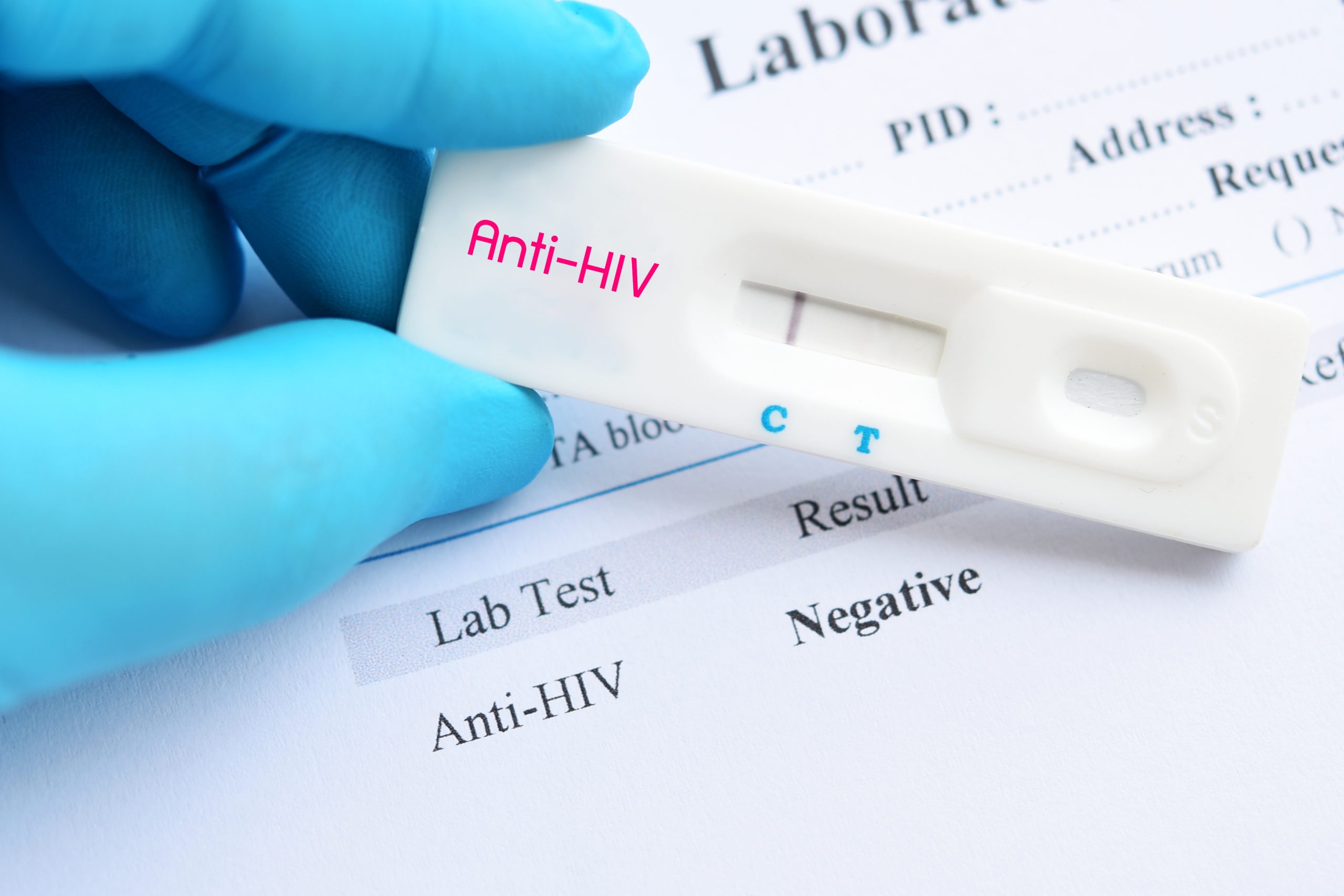
Transplantation of patients’ own stem cells may stop progression of multiple sclerosis
Results after three years of an ongoing clinical trial suggest that transplantation of a patient’s own blood-forming stem cells, following suppression of the immune system, may induce sustained remission of the most common form of multiple sclerosis (MS).
MS, which affects more than 2.3 million people in the world, is a progressive disease where a person’s own immune system attacks the brain and spinal cord. The most common form of the disease is known as relapsing-remitting MS (RRMS), characterized by periodic relapse or flare up of symptoms followed by periods of recovery or remission. The trial was funded by the United States National Institutes of Health (NIH) and the three-year findings were published in the online edition of JAMA Neurology.
The treatment, known medically as high-dose immunosuppressive therapy and autologous hematopoietic cell transplant (HDIT/HCT), involved first collecting blood-forming stem cells from patients. The doctors then administered high-dose chemotherapy to destroy the patients’ immune systems. Finally, the researchers re-introduced the stem cells into the patients in order to reset and rebuild their immune systems.
Three years after receiving the treatment, almost 80 percent of the 25 participating RRMS patients survived without increase in disability, relapse of MS symptoms, or new brain lesions. Few unexpected side effects or serious complications were observed. As expected, many participants experienced the usual side effects from high-dose immunosuppression, such as infections or gastrointestinal problems. The final report on this trial is expected five years after treatment.
Directors in the NIH division funding the study reacted positively to the three-year results, saying that HDIT/HCT using a patient’s own stem cells may provide a new therapeutic option for patients with MS who have not benefited from existing treatments.
Reference:
Nash, RA, Hutton, GJ, Racke, MK, et al. (2014) High-dose immunosuppressive therapy and autologous hematopoietic cell transplantation for relapsing-remitting multiple sclerosis (HALT-MS): a three-year interim report. JAMA Neurol. 72(2): 159–169.doi: 10.1001/jamaneurol.2014.3780.
Related Posts

Novel Cord Blood Stem Cell Treatment Leads to HIV Remission


Stem Cell Transplantation Shows Potential in Stroke Recovery









